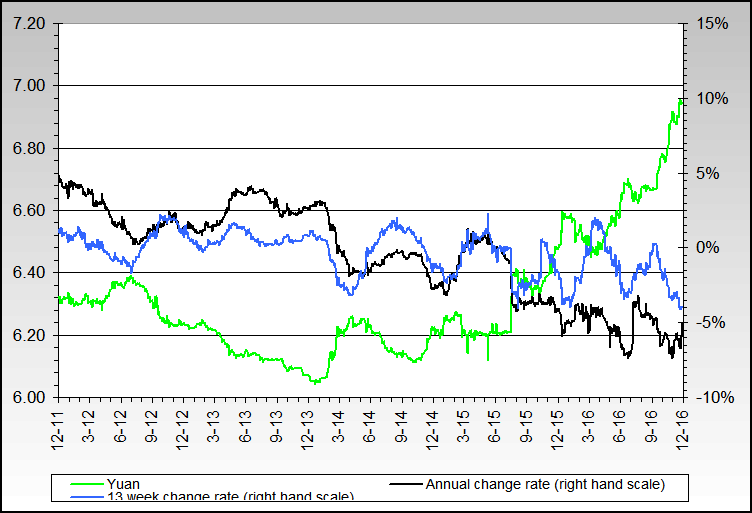Re: You're not going to believe this: Inflation/deflation debate still alive?
I think we need to start focusing on China: how will China manage inflation in the case of continued US inflation? Will they sell off the dollar, raise rates, or just attack subsidies?
China experts, please chime in.
Originally posted by Charles Mackay
View Post
China experts, please chime in.
 . I'm betting they will continue with baby steps, a little bit of yuan appreciation, a little bit of tightening...not too much!, and a little slowing of US dollar purchases.
. I'm betting they will continue with baby steps, a little bit of yuan appreciation, a little bit of tightening...not too much!, and a little slowing of US dollar purchases. 



Comment